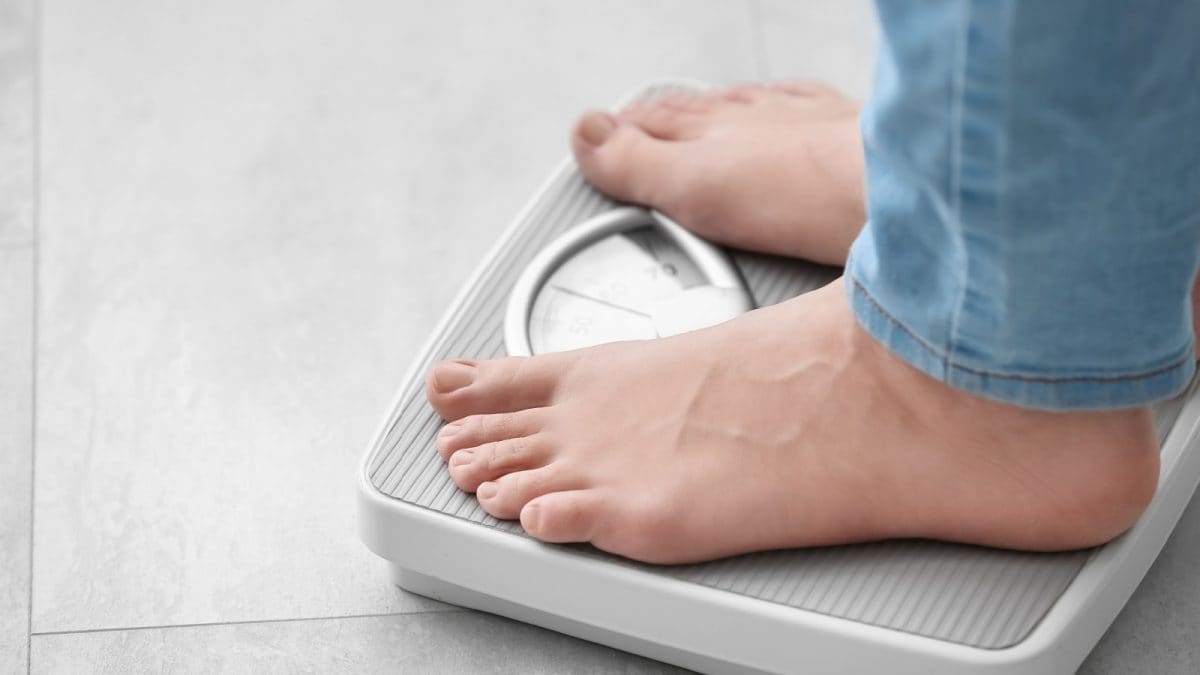Last Updated:
The research highlights the critical role of the amino acid cysteine in this process, suggesting new avenues for treating obesity that go beyond simple calorie restriction

Unlike white fat, brown fat is metabolically active, burning calories to generate heat and maintain body temperature, a process known as thermogenesis. (Representational Image)
In a potentially transformative breakthrough for weight loss research, scientists in the United States have discovered a biological “switch” that can convert the body’s fat-storing cells into calorie-burning ones. The research, published in the journal Nature Metabolism, highlights the critical role of the amino acid cysteine in this process, suggesting new avenues for treating obesity that go beyond simple calorie restriction.
The study, which was conducted by researchers from the Pennington Biomedical Research Center, revealed that when calorie intake is reduced, the levels of cysteine in the body’s white fat also drop. This depletion of cysteine acts as a trigger, prompting a conversion of white fat—which stores energy and is associated with weight gain—into brown fat.
Unlike white fat, brown fat is metabolically active, burning calories to generate heat and maintain body temperature, a process known as thermogenesis. This conversion effectively transforms fat from an inactive storage tissue into a calorie-burning furnace.
The findings were based on a comprehensive analysis of fat tissue from human participants who had been on a calorie-restricted diet for a year, as well as controlled experiments on animal models. In the animal studies, researchers found that mice that were genetically engineered to lack the ability to produce cysteine lost a significant amount of weight, even while consuming a high-calorie diet. This dramatic weight loss was directly linked to the rapid “browning” of their white fat.
The discovery of this metabolic pathway offers a promising new direction for developing obesity treatments. Researchers believe that by targeting the levels of cysteine, it may be possible to create therapies that promote weight loss and improve metabolic health without requiring drastic changes in diet. This could lead to a new generation of drugs and nutritional interventions that help the body burn fat more efficiently, tackling the global obesity epidemic from a new biological angle.

Pathikrit Sen Gupta is a Senior Associate Editor with News18.com and likes to cut a long story short. He writes sporadically on Politics, Sports, Global Affairs, Space, Entertainment, And Food. He trawls X via …Read More
Pathikrit Sen Gupta is a Senior Associate Editor with News18.com and likes to cut a long story short. He writes sporadically on Politics, Sports, Global Affairs, Space, Entertainment, And Food. He trawls X via … Read More








